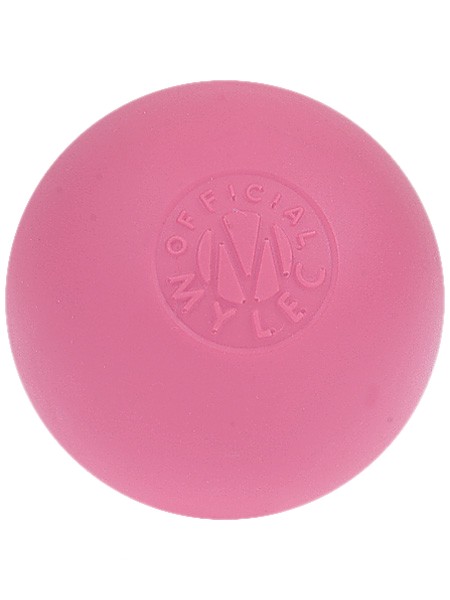
Results revealed that participants made predictive saccades shortly before the ball bounced in two-thirds of all trials.

The balls differed in time from bounce to contact (300, 550, and 800 ms). We tracked the eye and head movements of 23 novice participants who attempted to hit approaching tennis balls in a virtual environment. Therefore, the aim of this study was to further examine the location toward which predictive eye movements are made when hitting a bouncing ball.

However, there is conjecture over the exact location toward which these predictive eye movements are directed, and whether gaze during this period is moving or instead “lies in wait” for the ball to arrive.

Predictive eye movements targeted toward the direction of ball bounce are a feature of gaze behavior when intercepting a target soon after it has bounced.


 0 kommentar(er)
0 kommentar(er)
